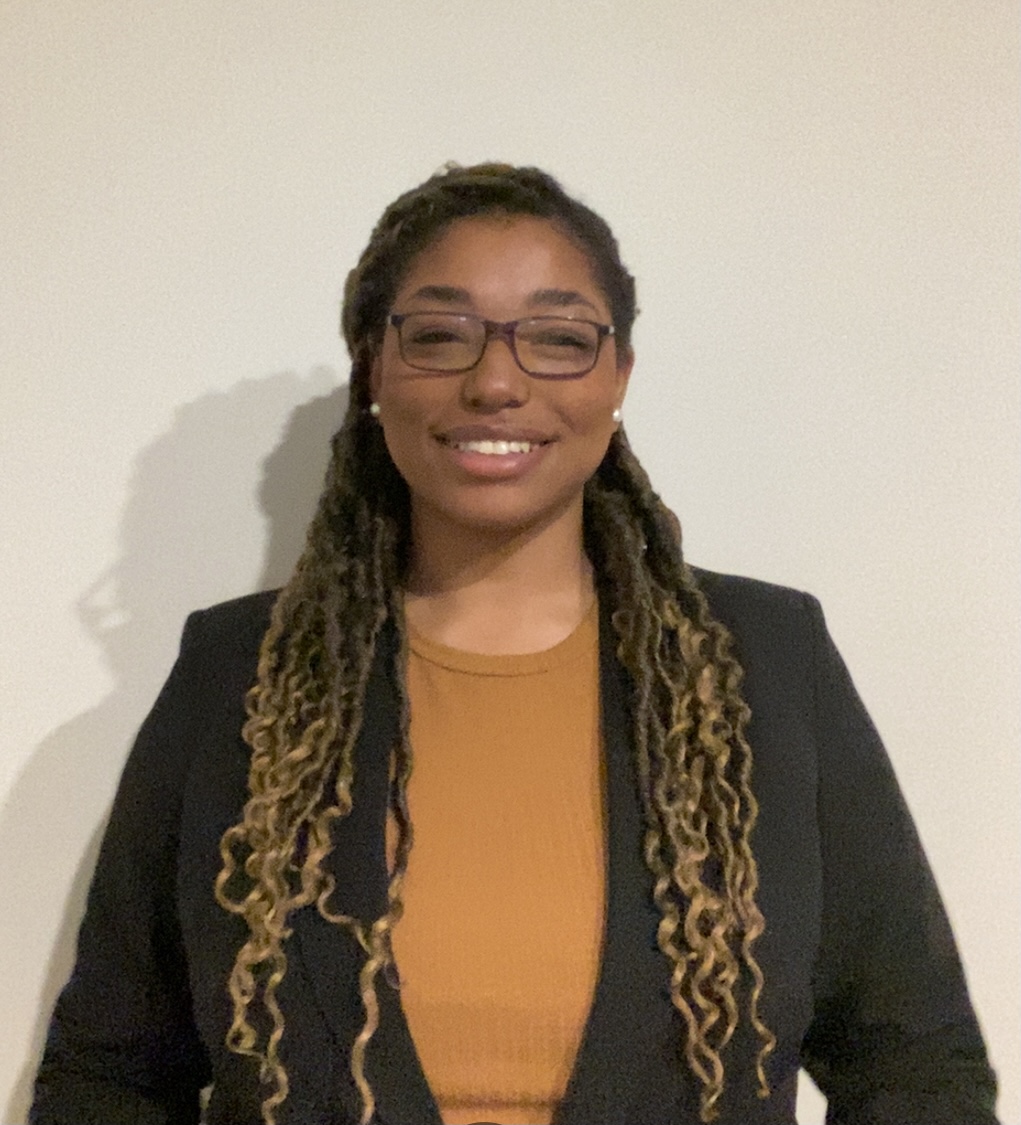How do you invest or hope to invest in the Penn State community?
I invest in the Penn State community by being a student leader. I am a member of the Presidential Leadership Academy, the President for the student organization, Minorities in Sports, a member of the Presidential Commission on Racism, Bias, and Community Safety: Truth and Reconciliation Subcommittee, and a LifeLink mentor. I am also the Campus and Community Chair of the peer mentorship minority organization BLUEprint. My positions in these organizations allow me to lead Penn State from a Diversity and Inclusion perspective for students. As a college student transitioning into adulthood, I believe it is imperative to involve yourself within your community to ensure that you are an asset by being able to work well with people of all levels and by being a leader with a diverse background. From my involvement in the Penn State community, I have a seat at the table and I use my voice to provide ideas to enhance the college experience, holistically, for students of color and to provide sustainable solutions for issues that students of color may face.
What is the most impactful activity or experience that you have engaged with at Penn State? How has it impacted you personally? How has this activity/experience helped you grow?
The most impactful experience that I have engaged with at Penn State is my involvement with BLUEprint. This organization is my family away from home that welcomed me with open arms and it made me feel comfortable from a social standpoint, as well, since most of the members look like me. It encouraged me to become a leader and taught me how to interact with other individuals during my freshman year as a mentee. The mentor that I was paired with changed my life. She and the BLUEprint staff encouraged me to challenge myself by stepping out of my comfort zone and to reach for greater heights. I was encouraged to apply for the highly competitive Presidential Leadership Academy (PLA) and I am now one of the few Black students that were selected to be a member of the cohort for my class. From this, I gained the skills and confidence that I need to succeed which enabled me to promote Diversity and Inclusion (D&I) within the Penn State community and to become the president of a student organization, Minorities in Sports. I also challenged myself academically by obtaining a Diversity Studies certification. In addition, I have been able to create relationships with a lot of great people on campus which allowed me to be a resource for those in my community. For example, I was able to assist one of my peers in BLUEprint to secure a life changing internship that will put her on the path to her dream career. I am forever grateful for my BLUEprint family.
How do you support diversity, equity and/or inclusion at Penn State or/and within your local community?
I support diversity, equity, and inclusion at Penn State by being involved in the Presidential Leadership Academy and BLUEprint. The Presidential Leadership (PLA) is a unique mentored cohort program that provides opportunities for outstanding Penn State students to pursue personal achievement, professional development, and academic excellence. Through this leadership position, I am able to share my experience as a Black woman on Penn State’s campus and provide my cohort, and President Eric Baron, with a more diverse perspective. By being a peer mentor in BLUEprint, I am able to enhance the college experience for the student body of minorities who attend this predominantly white institution (PWI) by being part of the amazing family structure that BLUEprint provides. This structure allows us to enrich every individual we come into contact with. Being a minority at Penn State is difficult, however, with an organization like BLUEprint, the blow is softened. BLUEprint offers students opportunities to interact with a plethora of unique individuals who come from all different backgrounds. It offers a chance for students to learn more about themselves whether it pertains to identity, sexual orientation, or cultural history.

